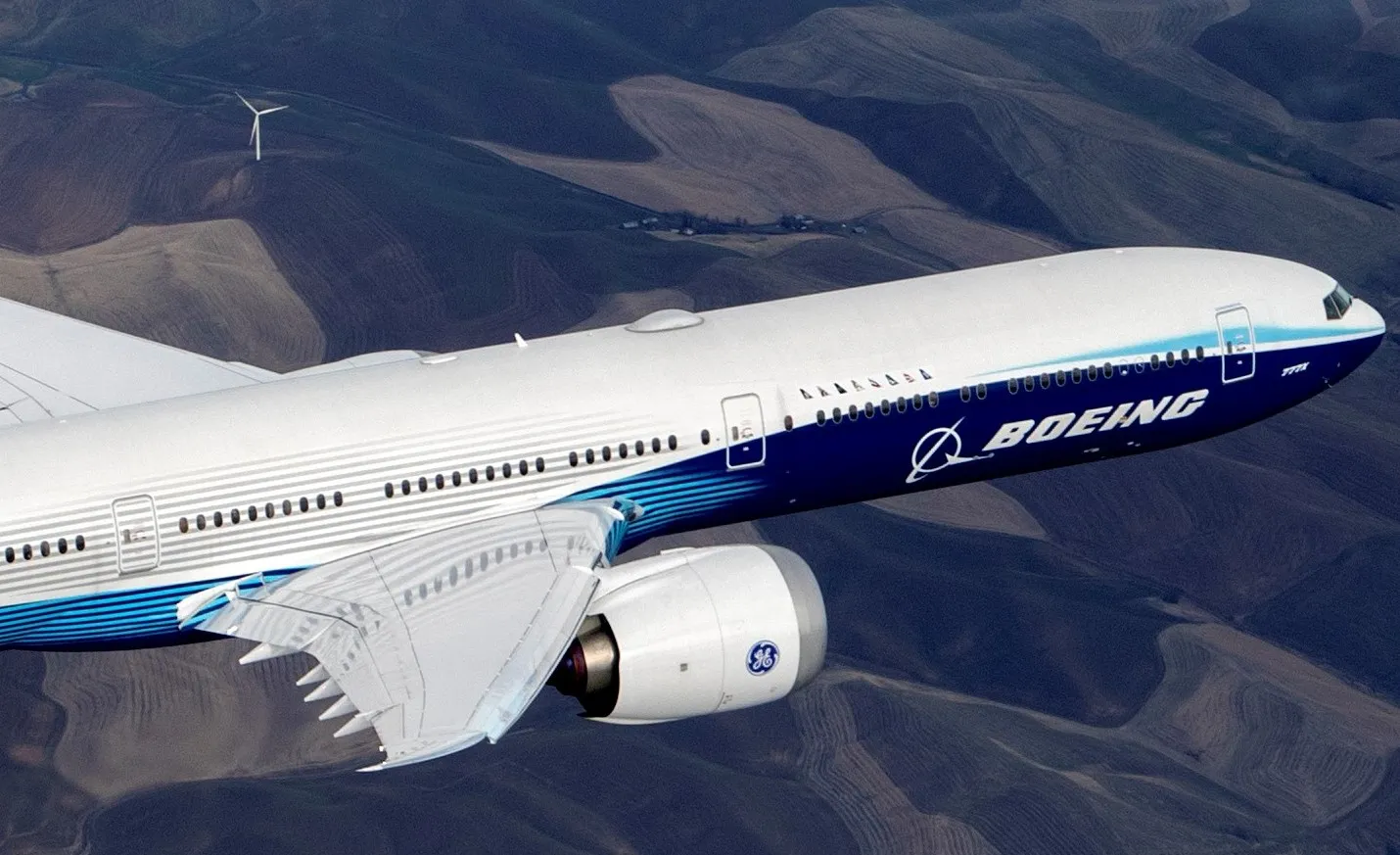
Boeing battens down for the long-haul
Aug 03, 2020

Boeing is strategically positioning itself to navigate the challenges of the aviation industry in the long term. With a focus on sustainability, innovation, and operational efficiency, the company is adapting to shifting market demands and environmental regulations. Efforts include enhancing aircraft design for reduced emissions, investing in advanced manufacturing technologies, and expanding its services portfolio. As air travel gradually recovers from the impacts of the pandemic, Boeing aims to strengthen its market position by fostering strong partnerships and maintaining a robust supply chain, ensuring resilience and readiness for future growth in a competitive landscape.
Boeing, a stalwart in the aerospace industry, has recently made strategic moves to ensure its long-term success amid a rapidly evolving market landscape. With a focus on innovation and sustainability, the company is not just weathering the storm but is poised for growth. This article explores how Boeing is preparing for the long-haul, emphasizing the importance of adaptability and strategic planning in the aerospace sector.
Boeing's Strategic Shift
To maintain its competitive edge, Boeing has implemented a series of strategic initiatives aimed at enhancing operational efficiency and reducing costs. These efforts underscore the company’s commitment to long-term sustainability. One of the key aspects of this shift is the emphasis on digital transformation, which involves leveraging advanced technologies to streamline processes and improve productivity.
Investment in Technology
Boeing has significantly increased its investment in research and development, focusing on innovative technologies that can drive efficiency and enhance the customer experience. The integration of artificial intelligence and data analytics into manufacturing processes is a prime example of how the company is modernizing its operations. By adopting these technologies, Boeing aims to reduce production times and improve the overall quality of its aircraft.
Focus on Sustainability
Another critical area of focus for Boeing is sustainability. As environmental concerns continue to mount, the aerospace giant recognizes the need to reduce its carbon footprint. Boeing has set ambitious goals to achieve net-zero carbon emissions by 2050. This commitment involves developing more fuel-efficient aircraft and exploring alternative fuels, such as sustainable aviation fuel (SAF). The transition to SAF not only aligns with global sustainability goals but also positions Boeing as a leader in eco-friendly aviation.
Strengthening Supply Chain Resilience
The COVID-19 pandemic highlighted vulnerabilities in global supply chains, prompting Boeing to rethink its approach. The company is now prioritizing supply chain resilience to ensure it can withstand future disruptions. By diversifying its supplier base and investing in local sourcing, Boeing aims to mitigate risks associated with global supply chain dependencies. This proactive strategy not only enhances operational efficiency but also supports local economies.
Market Demand and Recovery
As the aviation industry begins to recover from the pandemic's impact, Boeing is optimistic about future market demand. The increasing need for air travel, driven by global economic recovery, presents a significant opportunity for the company. Boeing's long-haul strategy is designed to capitalize on this demand by introducing new aircraft models that cater to evolving customer needs. The 737 MAX and 787 Dreamliner are prime examples of Boeing's commitment to delivering innovative solutions that meet market requirements.
Collaboration and Partnerships
To enhance its competitive position, Boeing is actively pursuing collaborations and partnerships with key players in the aerospace industry. By working with airlines, suppliers, and technology firms, Boeing is better equipped to address challenges and seize opportunities in the market. These alliances foster innovation and enable Boeing to stay at the forefront of industry developments.
Financial Performance and Future Outlook
Boeing's financial performance is a reflection of its strategic initiatives and commitment to long-term growth. Despite facing challenges in recent years, the company's focus on innovation and operational efficiency has begun to yield positive results. As market conditions improve and demand for air travel rises, Boeing is well-positioned to capitalize on these trends. The company's forward-looking approach will play a crucial role in its recovery and future success.
Conclusion
In conclusion, Boeing is taking significant steps to ensure its long-term success in a rapidly changing aerospace landscape. By investing in technology, prioritizing sustainability, and enhancing supply chain resilience, the company is well-equipped to navigate future challenges. As market demand rebounds, Boeing's strategic initiatives will play a vital role in its recovery and growth. With its commitment to innovation and collaboration, Boeing is set to remain a leader in the aerospace industry for years to come.
Key Takeaways
| Strategic Focus | Initiatives |
|---|---|
| Digital Transformation | Investment in AI and data analytics |
| Sustainability | Commitment to net-zero emissions by 2050 |
| Supply Chain Resilience | Diversification of suppliers and local sourcing |
| Market Demand | Focus on new aircraft models |
| Collaboration | Partnerships with airlines and technology firms |
Boeing's adaptability and strategic foresight will undoubtedly play a pivotal role in its journey towards long-term sustainability and growth in the aerospace sector.
Related Articles

Explore Thailand: The Best Islands to Visit for Paradise, Adventure, and Relaxation

The Ultimate Guide to the Best Islands in Thailand for Your Next Getaway

Do babies need passports? How to get a passport for a newborn

How to get a U.S. passport fast: here’s how to expedite the process

What is Mobile Passport Control: 5 reasons why you should use it

SENTRI vs. Global Entry: A detailed guide

Do you need a passport to go to the Bahamas? Let’s find out

Do you need a passport to go to Mexico? A detailed guide

Do you need a passport to go to Canada? We got the answer

Do You Need a Passport for a Cruise: An Essential Travel Guide

Booster Seat Requirements: All the Rules to Follow in Your Rental Car

What Are the World’s Most Powerful Passports, and How Does Yours Rank?

How to Take a Passport Photo at Home: A Helpful Guide

You've got to have heart! Southwest's new livery

Your opinion: Should water be free on low cost carriers?

Young women bolder than guys as solo travellers
